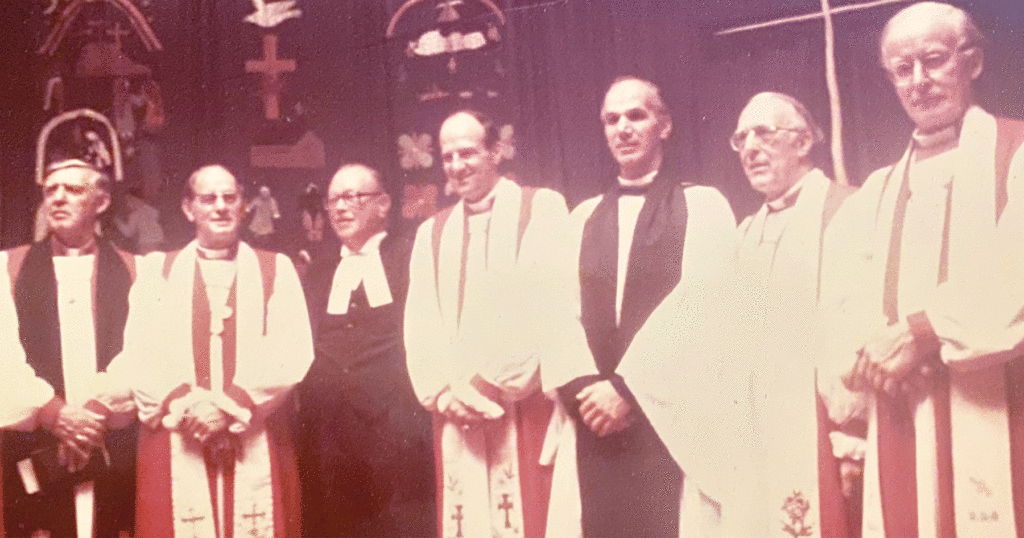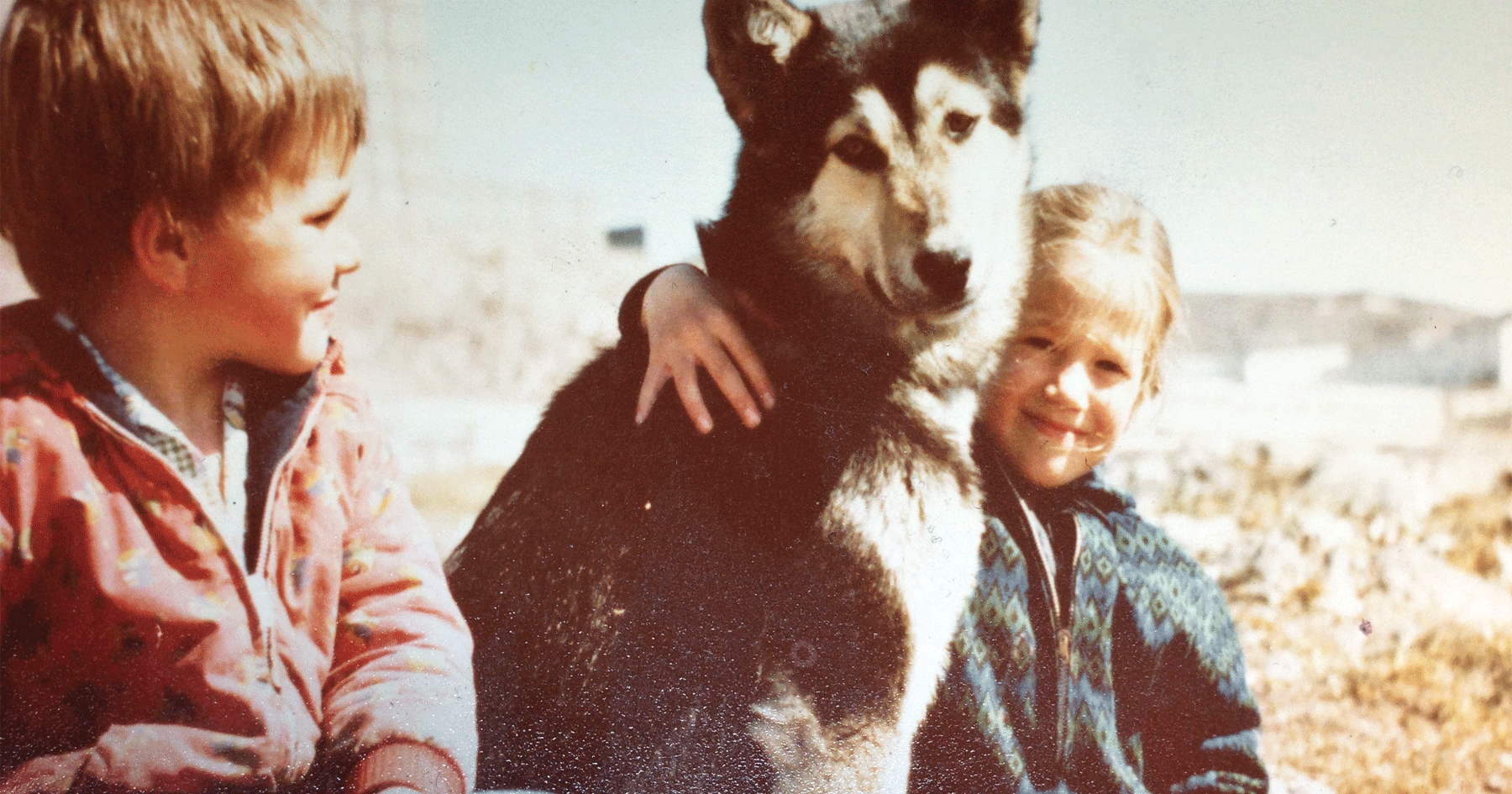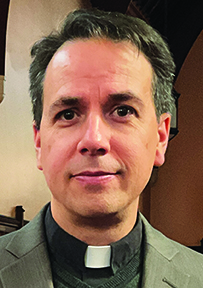My family and I spent the formative first seven years of my life on Baffin Island. I remember the isolation and extreme weather, and how those years cemented my love of nature, wild game, wide open spaces, kayaks, and close-knit community. I grew up in The Place of Many Fish, which in Inuktitut is Iqaluit. As a young English immigrant, I was enthralled by Inuit culture, language and customs, and I tried hard to learn as much as I could. With the open heart and mind of a child I found beauty all around me.
Baffin Island in the 1970s was experiencing big changes, both in the community and in the church. A growing mixed population led to the loss of critical cultural anchors and increasing drug and alcohol abuse. The recently established Igloo Cathedral of St. Simon and St. Jude was attracting a growing congregation and community. Its ministry downplayed colonialism and encouraged Indigenous leadership in ministry, as well as translation of the Scriptures into Inuktitut. Despite all the social and environmental problems I fell in love with the place and its people, and I was affectionately known as Davidee Alashouak.
One particular memory comes back to me each September as I recall the 1978 commemoration of the First Anglican Eucharist in Canada (which had taken place on September 4, 1578). We took part in large celebrations honouring the 400th anniversary. Eucharist was observed in both English and Inuktitut, and my family met and hosted the Archbishop of Canterbury, Robert Runcie, as well as the Bishop of London and the Anglican Primate of Canada. As a five year-old boy I was very impressed by the pomp and circumstance, and the ways in which history and the church were being celebrated.
In stark contrast, seventeen years later I attended General Synod in 1995 and was confronted by the details of the National Apology (1994) which laid bare the history of the Church’s cruelty and abuse within residential schools in Canada. I found myself questioning my family’s presence in the Arctic, and the effects colonial interaction had on Canada’s original inhabitants. I sat and listened to people I had known as a boy, such as Andrew Attagotaluk and Ben Arreak, as they and others recounted the devastating legacy of colonialism on indigenous communities, culture, and identity.
In my prayers I question how the European church leadership could have been so oblivious to, and disrespectful of, the rich culture and history of Indigenous Peoples. I lament the fact that I form part of the legacy of British colonialism and the legacy of a religious faith that demands conversion to “our” God and the meta-narrative of Jesus as told in “our” scriptures and tradition. In conversations with my parents and Indigenous friends in the north, I have come to recognize the bad and the good of the colonial legacy; the messiness and yet still the beauty of a faith system that has been both destructive and meaningful to a culture and people.
Now I live in the lands of the Ktunaxa and Sinixit. I recognize the need to take time every day to listen and make space within for growth and new learning. The church, too, has grown and learned since the 1970s. I celebrate and give thanks for the continued work of Indigenous leaders who are shaping the church, specifically through Gospel Based Discipleship, the wisdom of Indigenous Bishops and clergy, through Indigenous translations and interpretations of Scripture. And I welcome the structural and liturgical reforms being carried out in the Anglican Communion, globally, nationally, and locally.
The Creator that I believe in and partner with in ministry, was present in the world and in the life of humanity long before Europeans came to The Place of Many Fish. We acknowledge and give thanks for the Creator’s divine patience in the face of our pride, self-importance, and ego. The Creator offers us the opportunity to listen, learn, grow and change. I pray that my journey continues to open my heart, my mind, and my soul in humility so I may become the person God intends me to be.



